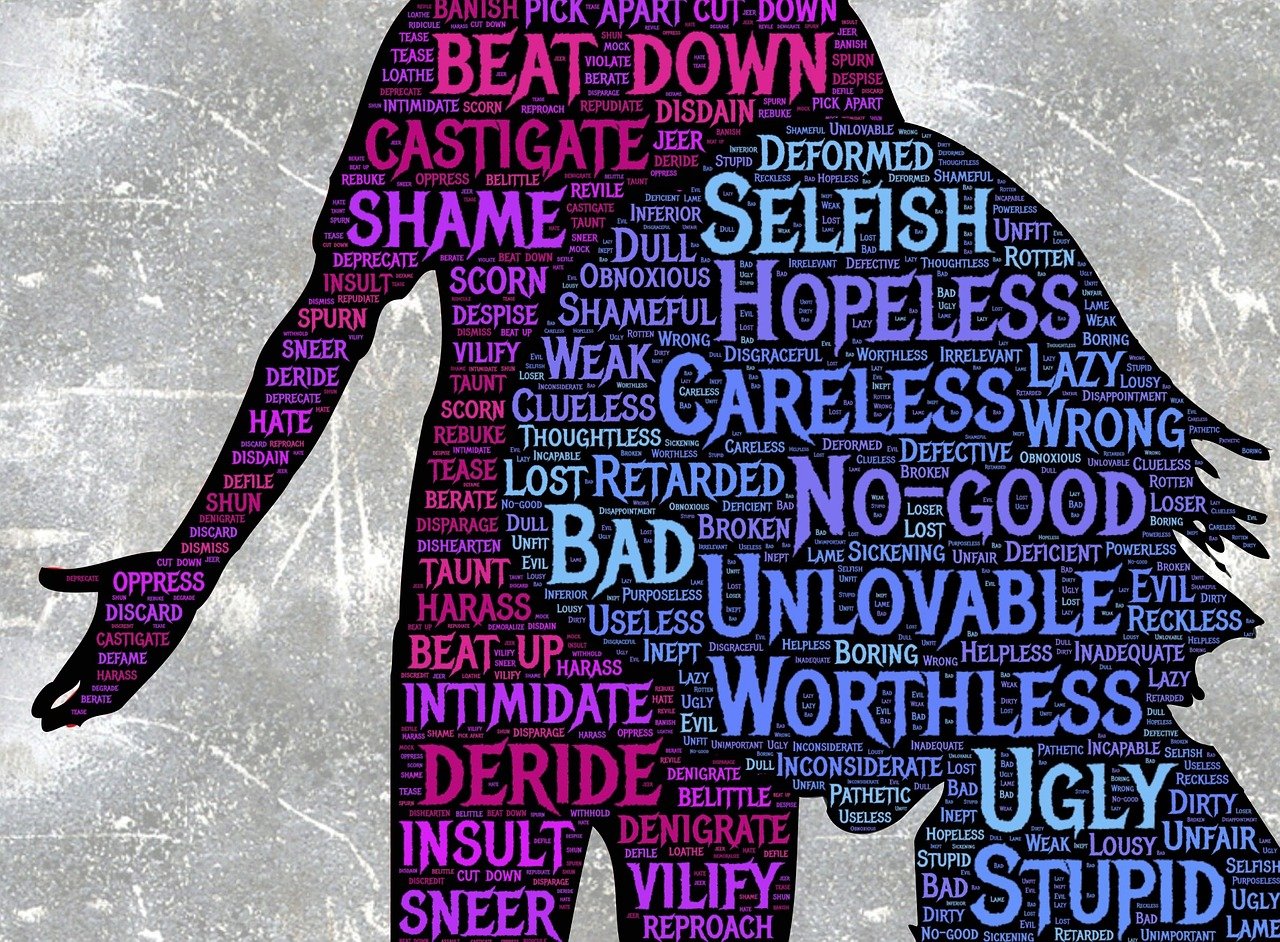“Group therapy was the most extraordinary experience I’ve ever participated in.”
— Paul Solotaroff, Author of Group: Six People In Search Of A Life
Therapy is mysterious, with both its promise of and requirement for privacy and confidentiality. If you’ve done good work in therapy, you know how powerful it is. But it’s hard to get across to the uninitiated what an irreplaceable force for change therapy can be.
This is doubly true, IMO, of group therapy. And I know you might wonder: How can sitting in a room with a group of people — people who are also suffering and in need of change — possibly be a help to someone wanting to change their life?
Group: Six People In Search Of A Life by Paul Solotaroff is the rare nonfiction book that peels the lid off the cloistered space that is the therapy office and lets us participate in the incredible drama that group therapy is. Shows how it works. Why it works.
People doing real work in group are raw, honest, and either fighting for their true selves, or fighting to maintain the only thing they’ve known: the comfortable pain they’re so familiar with.
Part of the fight is around the “false story” they were handed when they entered life and became a player in the drama of their family story. Along the way, group helps them confront the false self and replace it with an authentic, uncovered, discovered true story. In this way, group members author their own lives.
Solotaroff is a journalist and former patient of the therapist whose real group he profiles. He credits group therapy with changing the trajectory of his life, propelling him to come to terms with the loss of his 20s and 30s to debilitating anxiety. From shaky beginnings, he crafted an adult life, discovering who he was underneath his symptoms.
Years after leaving his own therapy, he approached his former therapist with a proposal to write a book about group therapy. After some negotiations (no, he could not write about his own group), they came to a plan allowing him to observe and document a newly formed, shorter term group.
The group — 6 high-achieving, impressive, verbal and self-destructive New Yorkers — was set to work against a ticking clock (the group’s proscribed treatment period of 10 months). This group of 6 included: a model turned fashion editor, a Broadway producer, a successful commercial song writer, a human rights activist, a Wall Street multimillionaire and a senior executive. All in a mess of deep pain.
For each of these 6, their backs were against the wall. Each had arrived at a “do or die” juncture in their lives: they had to face and re-author their lives in order to avoid financial ruin, overdose, humiliating defeat, even death. Their group story — and individual stories — are a powerful page turner in Solotariff’s hands.
The maverick therapist “Charles Lathon” (all names have been changed) doles out powerful prescriptions for living a full, adult, self-authored life. He believes that from an early age, we have a false self, one meant to accommodate our families needs more than our own.
“Good parents, of whom there are shockingly few in the world, have the grace and confidence to listen to their children, to allow them, within limits, to author themselves. Bad parents, on the other hand, do all the talking, dictating to the child who he or she is from the minute they’re out of the womb.
And then, there are parents who say nothing to their kids, who pay them the insult of ignoring them altogether. Given either of those kinds of signals, kids form ideas of themselves that have nothing to do with who they are.”
A few words, like “I’m stupid” “I’m ugly” “I’m weak” or “No one loves me” become a mantra in the child’s mind, the dogma of the false self. As a therapist and human and parent, I agree with Lathon’s words:
“Our job here is to listen to that text, to pay close attention to the dogma of the false self. Because in the back of your head, just out of earshot, those three or five words have been running your life, jerking you between shame and outrage.”
The pressure of the group — watching other group members suffer, confront and resolve pain, take risks and make changes, witness and provide accountability checks to each other, offer in-vivo experiences of self compassion — just works. It dislodges the stuck and inspires new, previously unimagined growth. It’s unlike anything else in life.
I love this book and have read it a couple times, considering it from my own perspective as a group therapy client (I was in a group for 7 years in my mid 20s-early 30s) — and as a Certified Group Therapist who runs groups in private practice now.
I’m considering it again now as I reflect on life during COVID.
As we continue to consider Life from the cloistered spaces of our own lives, I wonder: how many of us are thinking about whose life we’re really living? Are we — have we been — living a life we authored ourselves? Or are we living out the dogma of the false self? How can we evolve from a false story to a true one? What do we need to do to make that happen?
We all live in groups — family groups, friend groups, work groups. But more often that not, these groups wittingly or unwittingly reinforce our false self dogma.
Group therapy with an experienced, thoughtful facilitator, offers a real re-authoring opportunity. I’d love every human to experience group therapy. If you’re interested in learning more about group therapy, check out www.agpa.org. (Or talk to me :)). And in the meantime, Group by Paul Solotaroff is a the best introduction I know. (And it’s a great read).
Happy Friday!
Be well, wash your hands, and stay connected.


